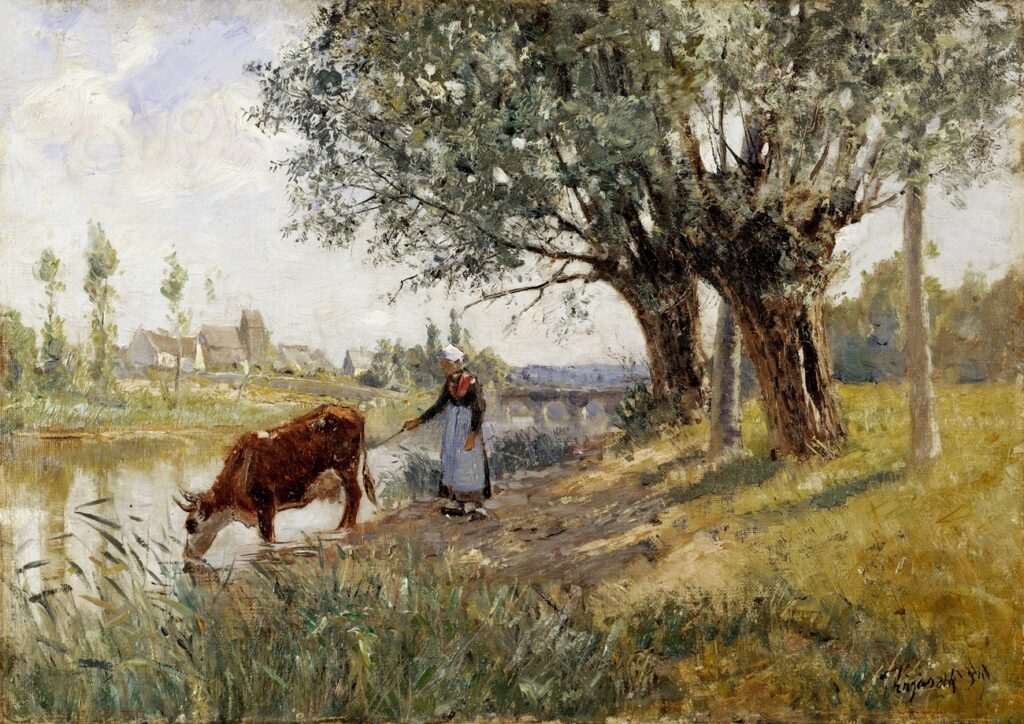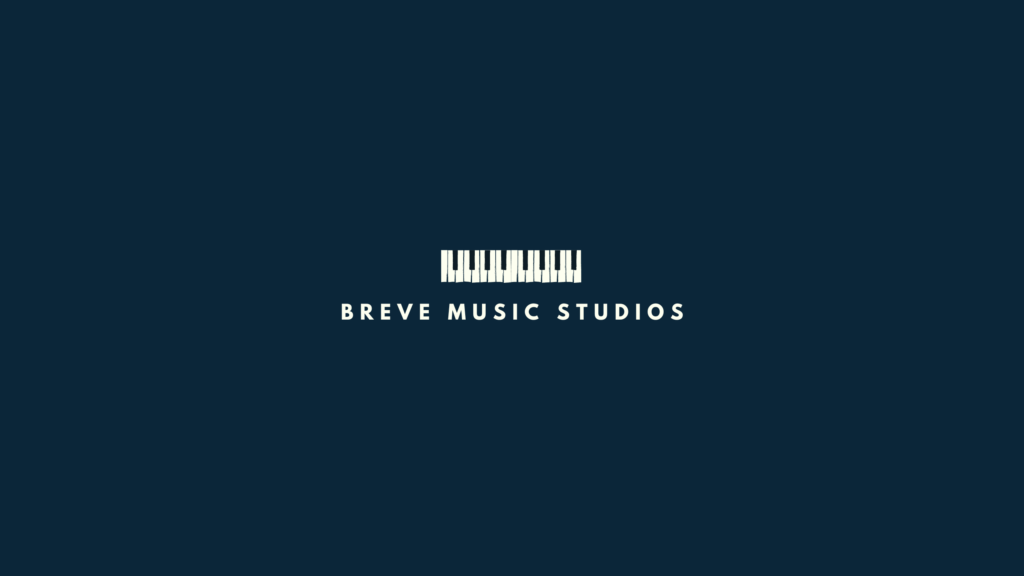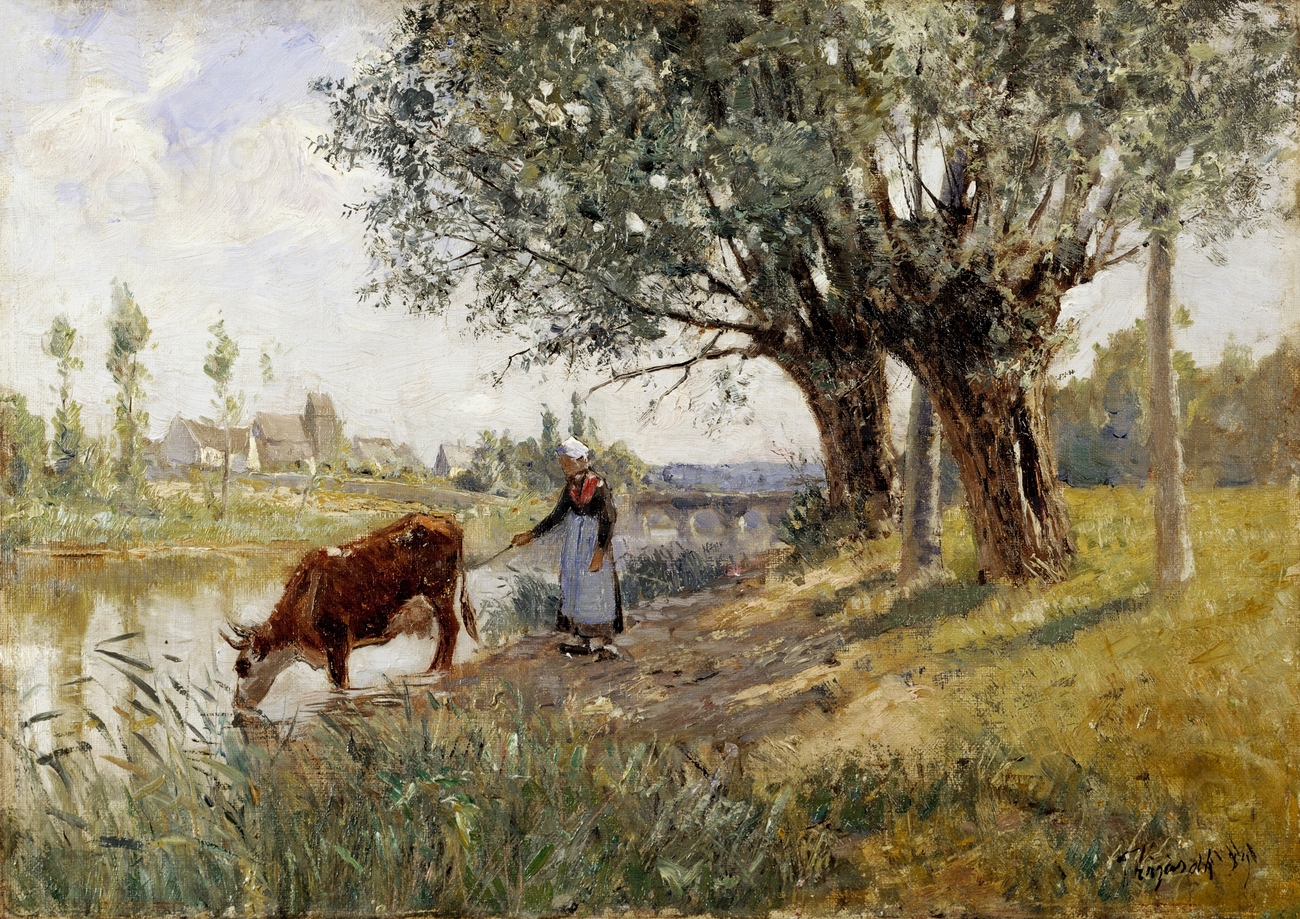Table of Contents
Introduction
When discussing the great composers of the 20th century, the names of Benjamin Britten and Alfred Schnittke are sure to emerge. These two musical geniuses, though hailing from different regions and backgrounds, have left an indelible mark on the world of classical music. In this article, we will explore the lives, musical styles, and legacies of Britten and Schnittke, delving into their lasting influence on modern composers and the global music industry.
Who Were Benjamin Britten and Alfred Schnittke?
Benjamin Britten, born in Suffolk, England in 1913, displayed exceptional musical talent from a young age. His early exposure to composers like Stravinsky and Shostakovich greatly influenced his creative potential. On the other hand, Alfred Schnittke, a Russian composer born in 1934, grew up amidst the tumultuous political climate of the Soviet Union, which significantly shaped his musical compositions.
Background and Early Life
Britten’s background in English music and culture imbued his compositions with a unique sense of national identity, often drawing inspiration from British folk tunes and poetry. Conversely, Schnittke’s formative years in Russia shaped his compositions with a distinct blend of traditional Russian melodies and avant-garde elements, reflecting the socio-political atmosphere of his time.
Major Contributions to Music
Both Britten and Schnittke made significant contributions to the world of classical music. Britten’s innovative use of orchestration and vocal writing, as seen in his acclaimed opera “Peter Grimes,” solidified his status as a leading composer of the 20th century. Schnittke’s experimentation with harmonic dissonance and unconventional structures in works like his “Concerto Grosso” challenged traditional musical conventions, earning him widespread recognition.
Influence on Contemporary Composers
Their influence extended beyond their lifetimes, with Britten’s compositions continuing to inspire new musical creations, and Schnittke’s legacy resonating in the works of contemporary orchestral composers from around the world.
Comparing Their Musical Styles
Despite their differing backgrounds, Britten and Schnittke shared a commitment to pushing the boundaries of musical expression, each employing unique compositional techniques to convey powerful emotional narratives through their works.
Utilization of Compositional Techniques
Britten’s meticulous attention to detail in his compositions, coupled with his innovative use of tonality and rhythmic complexity, set him apart as a master of the craft. Schnittke, known for his striking juxtaposition of dissonance and consonance, developed a distinct musical language that resonated with audiences worldwide. Britten’s music is often characterized by its intricate counterpoint, expressive melodies, and dramatic use of harmonies, creating rich and textured soundscapes. His compositions, such as his War Requiem and Peter Grimes, are powerful, emotional, and deeply moving.
In contrast, Schnittke’s music often explores the tension between traditional tonality and modern dissonance, creating a sense of unease and unpredictability. His eclectic style draws from a wide range of influences, including classical, avant-garde, and folk music, resulting in a unique and compelling musical voice.
Both composers had a profound impact on the world of classical music, pushing the boundaries of traditional tonality and form, and leaving behind a legacy of innovative and influential works. Their contributions continue to inspire and captivate audiences, solidifying their status as visionary figures in the world of contemporary classical music.
Exploration of Cello Sonatas
Cello sonatas featured prominently in the output of both composers, with Britten’s “Cello Sonata in C Major” showcasing his lyrical melodies and inventive harmonies, while Schnittke’s “Cello Sonata No. 1” revealed his experimental approach to form and structure. Both sonatas also explore the capabilities of the cello, pushing the boundaries of the instrument and demanding virtuosity from the performer. Britten’s sonata, composed in 1961, is characterized by its classical elegance and emotive themes, while Schnittke’s sonata, written in 1978, reflects the turbulent and dissonant style that defined much of his work.

Despite their differences in approach, both sonatas have become cornerstones of the cello repertoire, often performed and studied by aspiring cellists and appreciated by audiences for their profound expression and technical complexity.
Collaborations with Other Musicians
Both composers collaborated with renowned musicians, with Britten’s partnership with cellist Mstislav Rostropovich and Schnittke’s work with violinist Gidon Kremer resulting in iconic performances and recordings that showcased the depth of their musical vision. Both composers also drew inspiration from a wide range of musical styles and genres, incorporating elements of traditional folk music, jazz, and contemporary avant-garde techniques into their compositions. This innovative approach to composition allowed them to create music that was both intellectually stimulating and emotionally powerful, pushing the boundaries of what was possible within classical music.
In addition to their collaborations with performers, both Britten and Schnittke also sought out opportunities to work with other artists from different disciplines. Britten, for example, wrote a number of works for the stage, including operas and ballets, while Schnittke composed music for film and theater, as well as collaborating with visual artists and writers on multimedia projects.
Despite their different backgrounds and the political context in which they worked, both Britten and Schnittke shared a commitment to creating music that was deeply expressive and meaningful, and their legacy continues to inspire musicians and audiences around the world.
Impact on the Music Industry
Britten and Schnittke’s contributions to the music industry have been widely recognized, with their works being celebrated in classical music circles and resonating across different geographical locations.
Recognition in Classical Music Circles
Both composers have received accolades and honors, with Britten’s operas frequently performed in prestigious opera houses, and Schnittke’s symphonies and concertos featuring prominently in international co Both Britten and Schnittke are celebrated for their innovative and boundary-pushing approach to music, and their works remain relevant and engaging for modern listeners. The digital age has allowed their music to be easily accessible to a global audience, with streaming platforms making it possible for music lovers to explore and appreciate their compositions from anywhere in the world.
Furthermore, digital adaptations and modern technology have enabled new interpretations of Britten and Schnittke’s music, allowing for creative reimaginings and collaborations that bring their work to new audiences. This has helped to keep their music fresh and exciting, while also introducing it to younger generations who may not have otherwise been exposed to their work.
The enduring appeal of Britten and Schnittke’s music in contemporary settings is a testament to the timelessness and universality of their compositions. Their music continues to resonate with audiences, offering emotional depth, intellectual stimulation, and a unique artistic experience that transcends time and place. As a result, their legacy lives on, inspiring and enriching the lives of countless people around the world. ncert programs.
Reception of Their Works in Different Geographical Locations
The universal appeal of their compositions has led to their adaptation in modern performances across Asia, Europe, and the Americas, underscoring the enduring relevance of their creative output.
Adaptation of Their Compositions in Modern Performances
Britten and Schnittke’s music continues to captivate audiences in contemporary settings, with digital adaptations and streaming of their compositions further expanding their reach and impact. Both Benjamin Britten and Alfred Schnittke were influential composers of the 20th century, and their music has left a lasting impression on the classical music world. Britten, known for his operas, vocal works, and orchestral compositions, and Schnittke, known for his innovative blending of different musical styles and genres, have both found a new audience in the digital age.
Legacy and Influence on Modern Composers
The enduring legacy of Britten and Schnittke is evident in the continued inspiration they provide to new generations of composers and their participation in the evolution of classical music in the digital age.
Continued Inspiration for New Musical Creations
Contemporary composers are drawn to Britten and Schnittke’s innovative approaches, finding inspiration in their compositions as they seek to push the boundaries of classical music in the 21st century. Both Benjamin Britten and Alfred Schnittke were known for their avant-garde styles and willingness to experiment with different musical techniques. Britten, with his unique blend of traditional tonality and modern dissonance, and Schnittke, with his use of polystylism and borrowing from different musical genres, have had a lasting impact on contemporary composers.
Many modern composers are drawn to Britten’s intricate use of harmony and his ability to create emotional depth in his compositions. His operas, such as “Peter Grimes” and “Billy Budd,” have served as models for contemporary composers looking to create compelling narrative-driven works.
Schnittke’s innovative use of collage-like textures and juxtaposition of different musical styles has also inspired many composers to explore new ways of incorporating non-traditional elements into their music. His ability to create tension and ambiguity in his compositions has been particularly influential for composers seeking to push the boundaries of tonality and form.
Overall, both Britten and Schnittke’s willingness to break away from traditional conventions and their innovative approaches to composition continue to serve as a source of inspiration for contemporary composers as they seek to redefine the possibilities of classical music in the 21st century.
Participation in Contemporary Orchestral Works
Many orchestras continue to perform and record Britten and Schnittke’s symphonies, concertos, and chamber works, ensuring that their musical legacies remain vibrant and relevant in today’s classical music landscape. Benjamin Britten, an influential 20th-century English composer, is widely known for his opera works and vocal music, but he also made significant contributions to the orchestral and chamber music repertoire. His symphonies, including the powerful “Sinfonia da Requiem” and the melodic “Simple Symphony,” are frequently performed by orchestras around the world. Additionally, Britten’s concertos for piano, violin, and cello remain popular choices for soloists and orchestras alike.
Alfred Schnittke, a Soviet and Russian composer, also left a lasting impact on the classical music world with his unique and innovative compositions. His symphonies, characterized by their juxtaposition of different styles and genres, continue to captivate audiences with their complexity and emotional depth. Schnittke’s chamber works, such as his string quartets and piano quintet, are also cherished by ensembles and musicians for their intricate musical language.
By continuing to program and record works by Britten and Schnittke, orchestras and chamber ensembles are ensuring that these composers’ legacies remain relevant and respected in the contemporary classical music landscape. Their compositions offer musicians and audiences a diverse and rich repertoire that continues to inspire and challenge performers, as well as engage listeners with its profound emotional impact.
Breve Music Studios publishes music to Spotify, YouTube Music, Amazon Music and more. Follow our pages on Facebook, Instagram, Twitter, TikTok, and YouTube.
Listen to our ensembles: Breve Orchestra, Breve Music Ensemble, Breve Low Brass Ensemble, Breve Woodwind Ensemble, and Jermaine Harris on Spotify.

